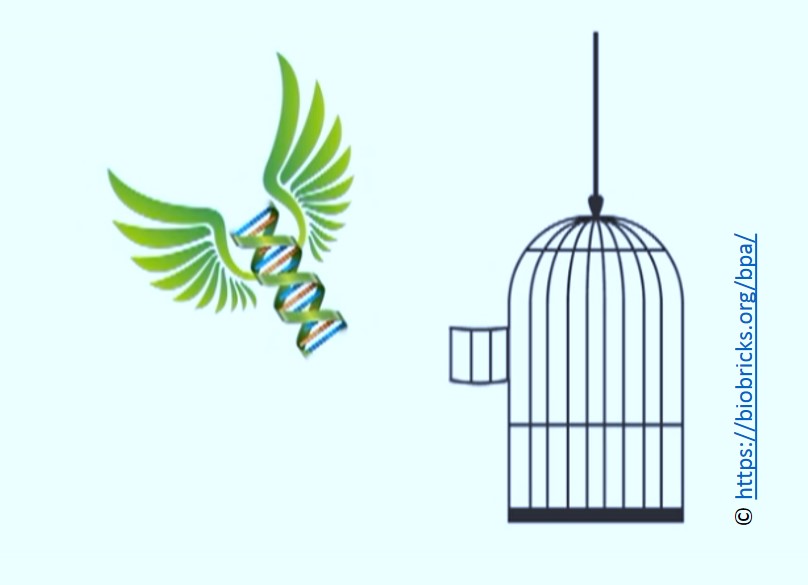From 2014.igem.org
(Difference between revisions)
|
|
| Line 146: |
Line 146: |
| | | | |
| | background: #DEA5A4; | | background: #DEA5A4; |
| - | border-radius:15px; margin-top:2%; padding-left:2%;padding-right:2%;padding-top:.5%;padding-bottom:30%; | + | border-radius:15px; margin-top:2%; padding-left:2%;padding-right:2%;padding-top:.5%;padding-bottom:3%; |
| | width:96%; | | width:96%; |
| | } | | } |
Revision as of 10:03, 9 September 2014

Predicting the mCherry fluorescence
To model the first double repression, we took the fact that we won’t need to know the amount of tetR in the system and used the assumption that ATC is effectively activating the expression of dcmR, albeit parameterised by different constants. This assumption should be justified by the fact that we will be able to precisely control the addition of ATC and we will be able to measure the fluorescence of the mCherry.
We modelled this first step using both deterministic and stochastic models.
Title of the document
The content of the document......
</html>
Predicting the mCherry fluorescence
To model the first double repression, we took the fact that we won’t need to know the amount of tetR in the system and used the assumption that ATC is effectively activating the expression of dcmR, albeit parameterised by different constants. This assumption should be justified by the fact that we will be able to precisely control the addition of ATC and we will be able to measure the fluorescence of the mCherry.
We modelled this first step using both deterministic and stochastic models.
Predicting the mCherry fluorescence
To model the first double repression, we took the fact that we won’t need to know the amount of tetR in the system and used the assumption that ATC is effectively activating the expression of dcmR, albeit parameterised by different constants. This assumption should be justified by the fact that we will be able to precisely control the addition of ATC and we will be able to measure the fluorescence of the mCherry.
We modelled this first step using both deterministic and stochastic models.





 "
"







